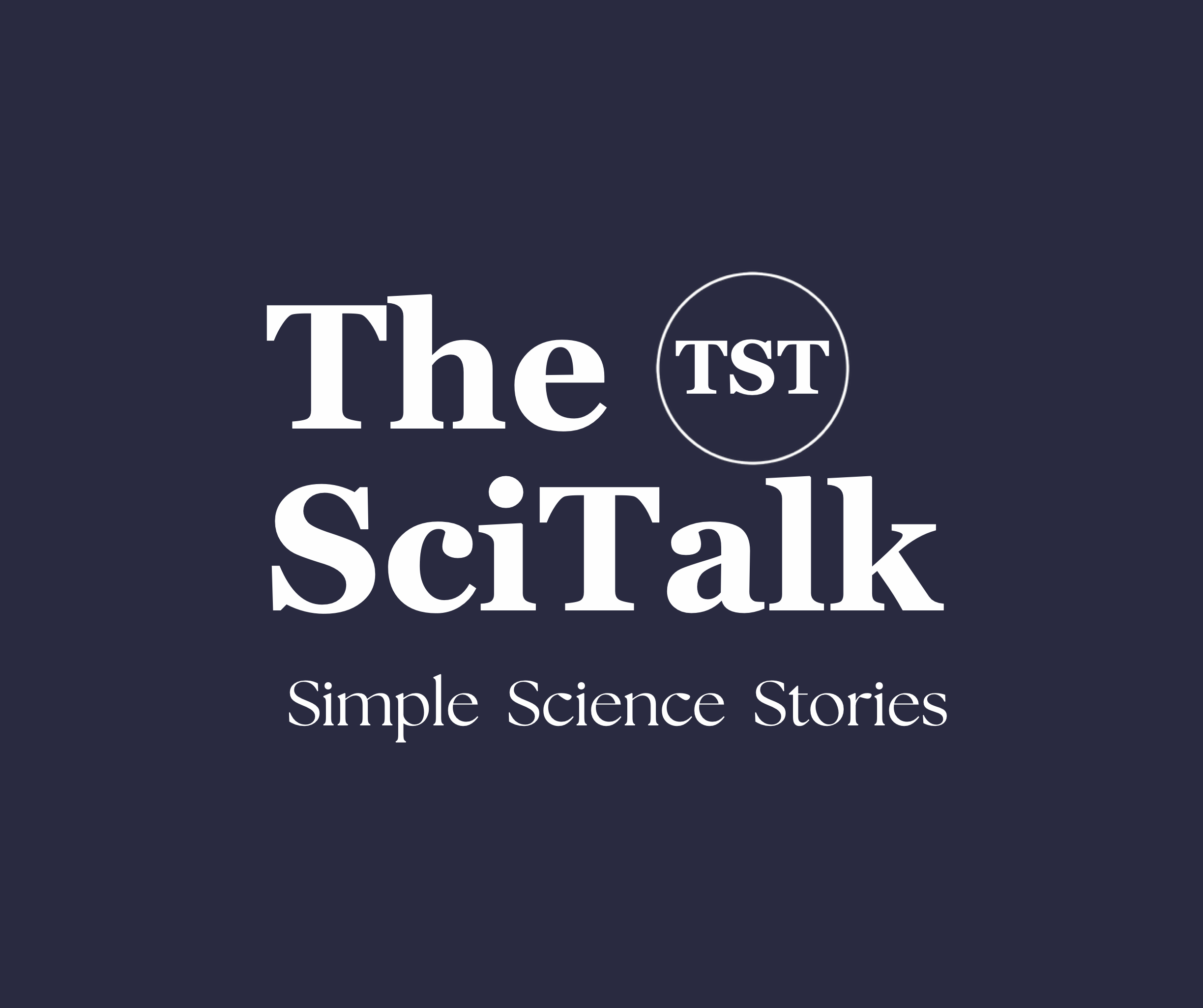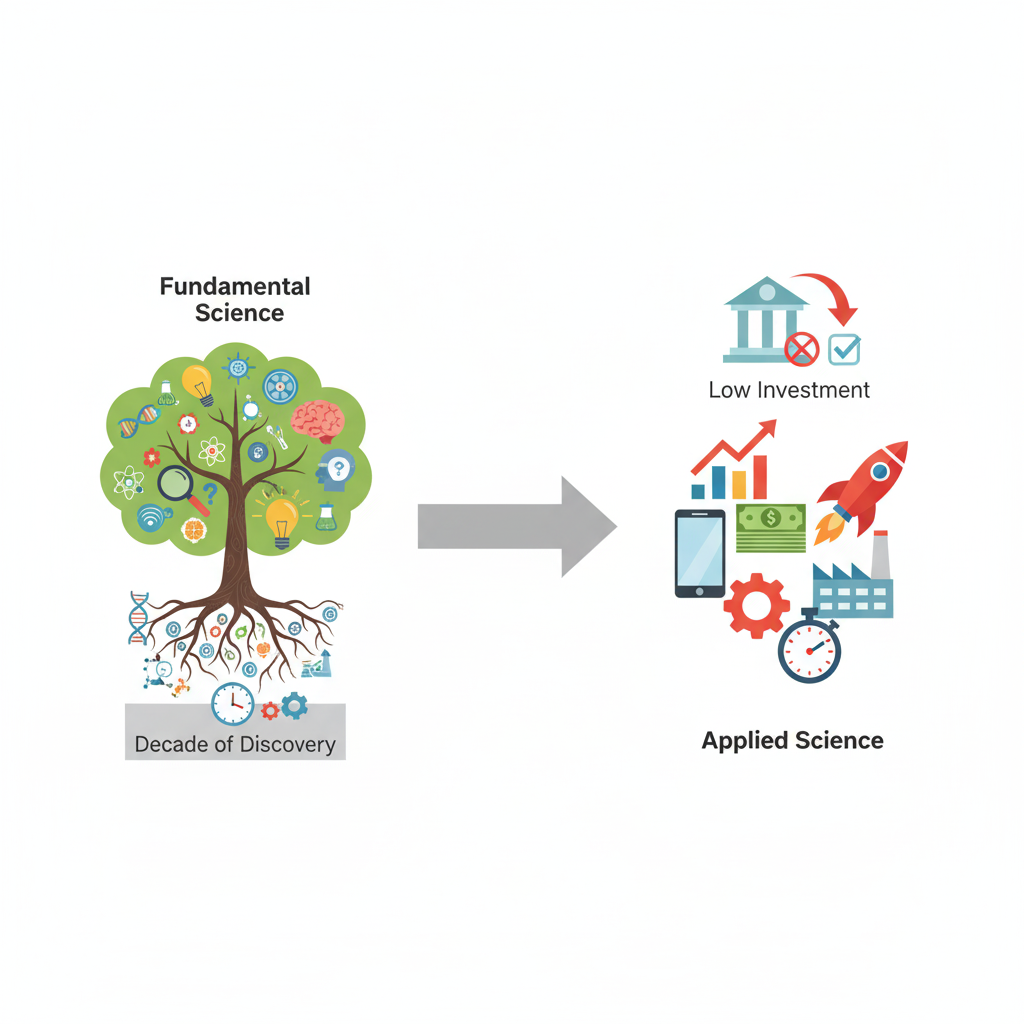
Prayan Pokharel
Apr 18, 2025
Scientists spend almost all their time trying to improve the world and serve humanity through their findings. Much research has been conducted in diverse fields, providing ample scientific knowledge. For instance, scientists have been working on climate change, biodiversity loss, and other concerns for decades. Various findings have been obtained, but is it truly reaching the desired audience? If communication is improper or any gap exists, then the potential influence of their effort on society will be severely restricted.
So, what exactly is science communication?
Science communication is simply communication between scientists and the general public. Science and communication present significant scientific findings and evidence-based information results to all audiences and various levels of society. Scientific writing audiences may or may not have prior knowledge or interest in science, technology, engineering, or other fields. On the other hand, a science communicator's role is to convey all of this information to broad audiences. It is an integral part of scientists' work. Put another way, you must be a good communicator to be a successful scientist.
Why does effective communication matter?
Effective communication means conveying information clearly and concisely so the audience understands it. The information or research should be presented in such a way that it is understood by others who do not share your interests. When communication is effective, it connects people and gives them a sense of accomplishment. There is no possibility for misinterpretation or alteration of messages when communications are delivered clearly, reducing potential conflict. In circumstances where conflict emerges, effective communication is essential for respectfully resolving the problem.
Besides, as research becomes more multidisciplinary, effective communication becomes increasingly important to advance knowledge, cooperation, and innovation. The ability to communicate the significance and importance of your research findings can help you acquire further funding and advance your academic career. Sharing research can lead to expert interactions and encourage new research ideas. It has the potential to contribute to a more diverse and inclusive science.
In the 1990s, scientists realized they needed to do a better job of communicating their research when fossil fuel organizations and conservative politicians refused evidence that the world was warming at an alarming rate. Communicating with people outside the scientific community can benefit a researcher's career by maximizing the effect of their newest findings.
Core Professional skills
Good communication abilities are no longer considered soft skills, which is a beneficial move. They are increasingly included in the fundamental professional skills that every science student and professional should possess. Science communication is a vital transferrable talent that is becoming increasingly necessary as digital communication channels, and platforms become more prevalent. A report published by European Science Communication revealed that science communication on social media is on the rise, with various scientists and specialists sharing their work on Twitter, LinkedIn, and other platforms. Despite this, and maybe especially because it is so easy to jump on the social media hype, many people still lack the necessary knowledge and expertise to communicate effectively about science.
To conclude, science communication is not just an add-on to research. It is the connection to society. Even the most cutting-edge findings might go unnoticed, be misinterpreted, or misapplied without clear communication. As science becomes a more significant part of our everyday lives and more cross-disciplinary, the skill to share complex concepts in a relatable way is crucial. Scientists must act as communicators to inform and educate, build trust, promote dialogue, and spark positive change. By sharpening this key professional ability, they can ensure their work benefits humanity and makes a real difference in creating a more informed, connected, and sustainable world.
Photo Credit
Photo by Volodymyr Hryshchenko on Unsplash



